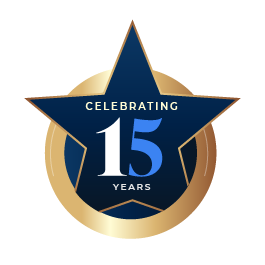by Tom Cox on June 7, 2013
As it currently stands UK copyright law does not allow a specific exception for parody use. This means that someone desiring to make a parody will have to ask for the copyright holder’s permission or attempt to procure a licence from that holder. The grant of a licence is at the complete discretion of the […]
by VolpeKoenig on March 28, 2013
By John C. Donch, Volpe and Koenig, P.C. When Aristocrat Technologies Australia Pty Ltd. lost its infringement action against International Game Technology before the Northern District of California in 2010, there seemed to be no hope for Aristocrat’s indirect infringement allegations – the district court’s grant of summary judgment to International left Aristocrat’s indirect infringement […]
by VolpeKoenig on February 5, 2013
Recent developments in the case law have expanded induced infringement to include performance of the method claims steps by multiple actors. See Value Added to Medical Method and Diagnostic Patents through Induced Divided Infringement. The change comes from the Federal Circuit in Akamai Tech. v. Limelight Networks and may impact how claim drafters formulate method claims. It will […]
by Karla Somers on September 20, 2012
The answer to this question is based on the nature of the relationship between the contracting entities. General publication laws give the copyright ownership of published intellectual property to the publisher. The general test is determining who is the actual publisher. Ghost writers always relinquish any claim to intellectual property rights when they accept a […]
by Redmans on September 10, 2012
Employees are employed by (for-profit) businesses for a reason – so that the business can profit in some form from their labour. Sometimes an employee’s labour results in the creation of an original piece of work – for example if they create a new piece of software or draft a new policy paper. When an […]
by evolvedlegal on May 4, 2012
